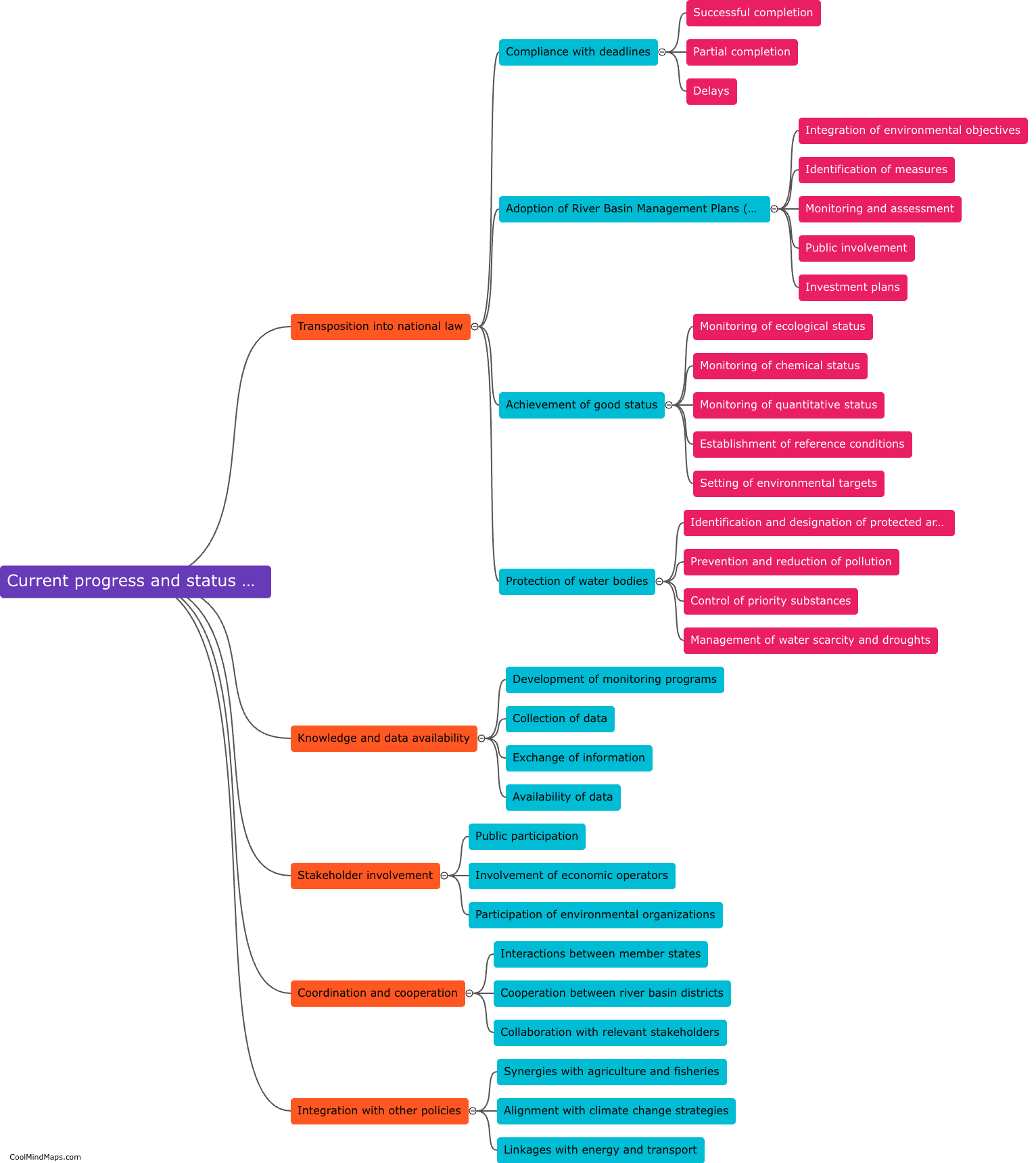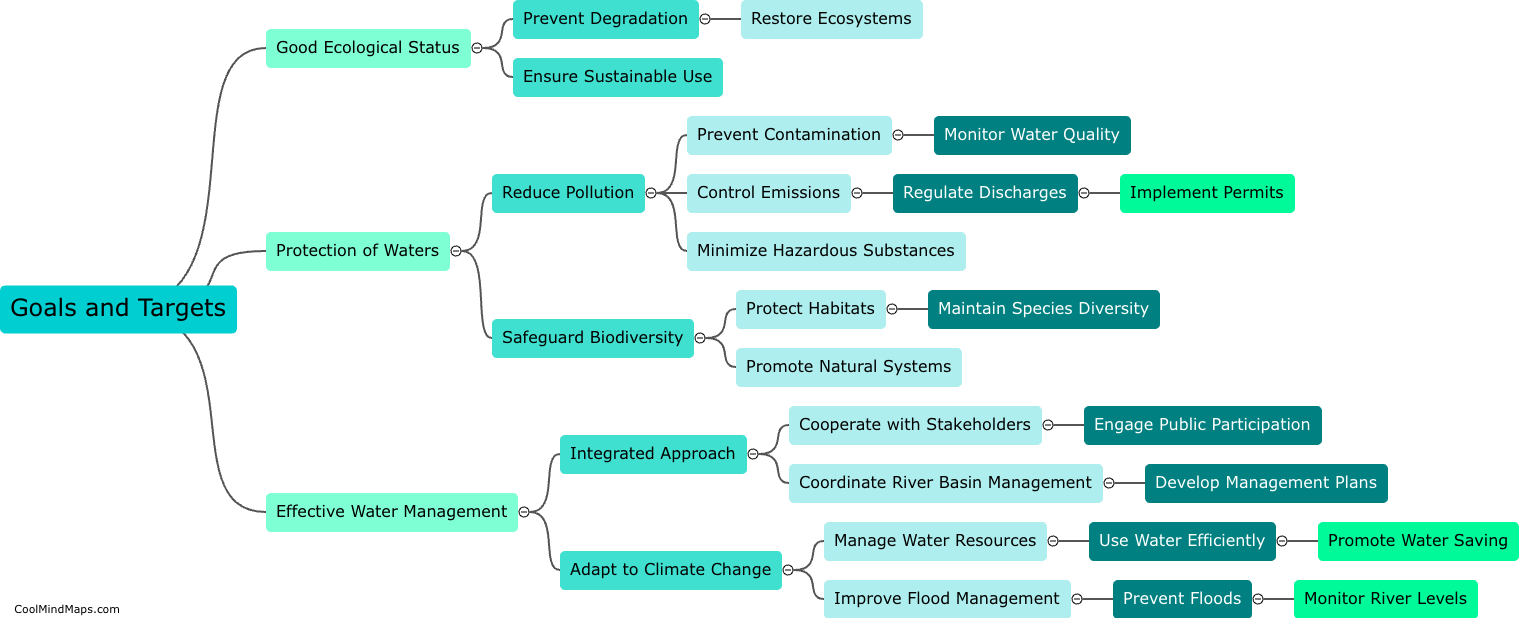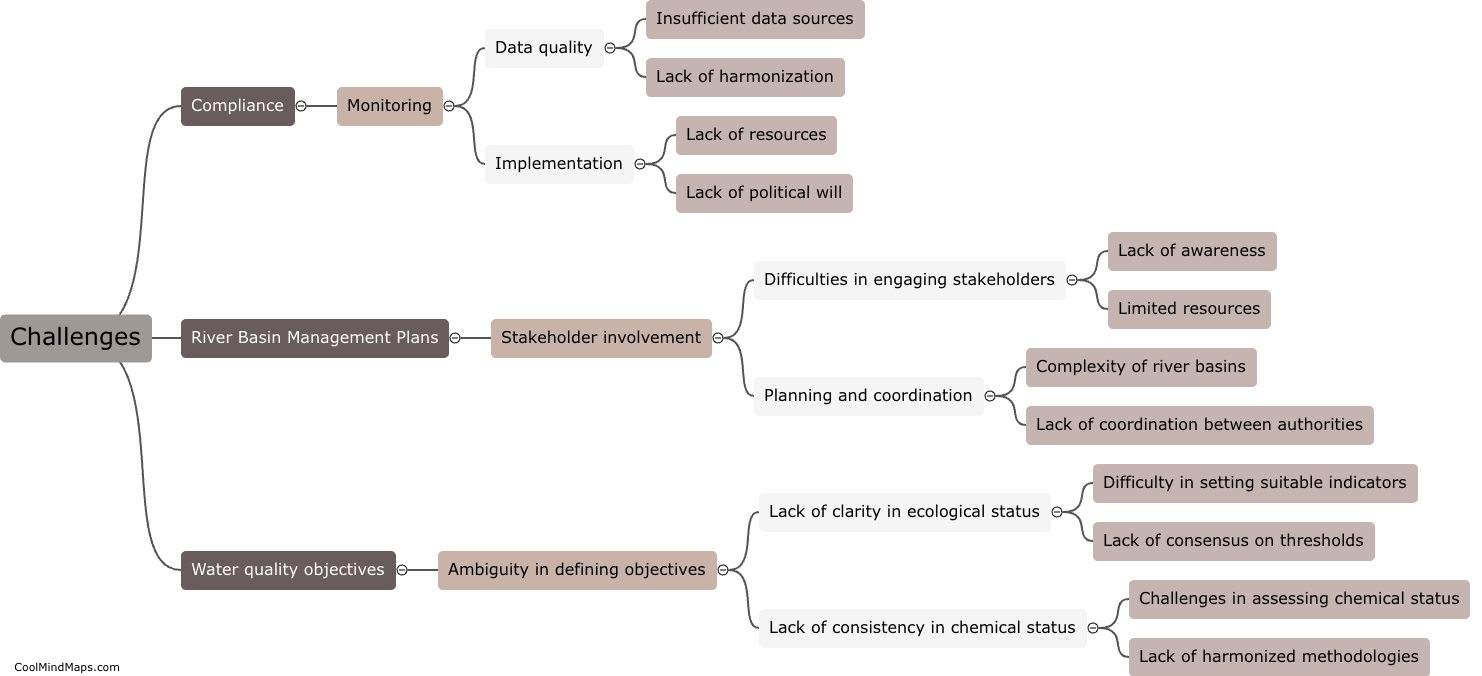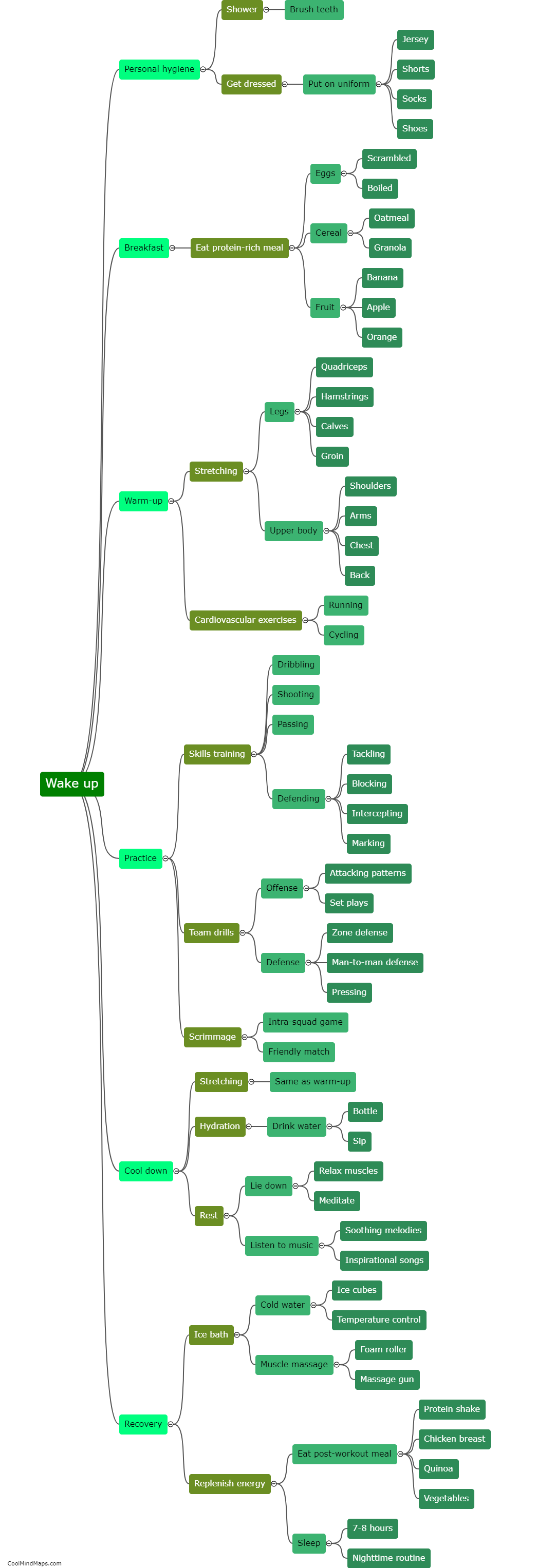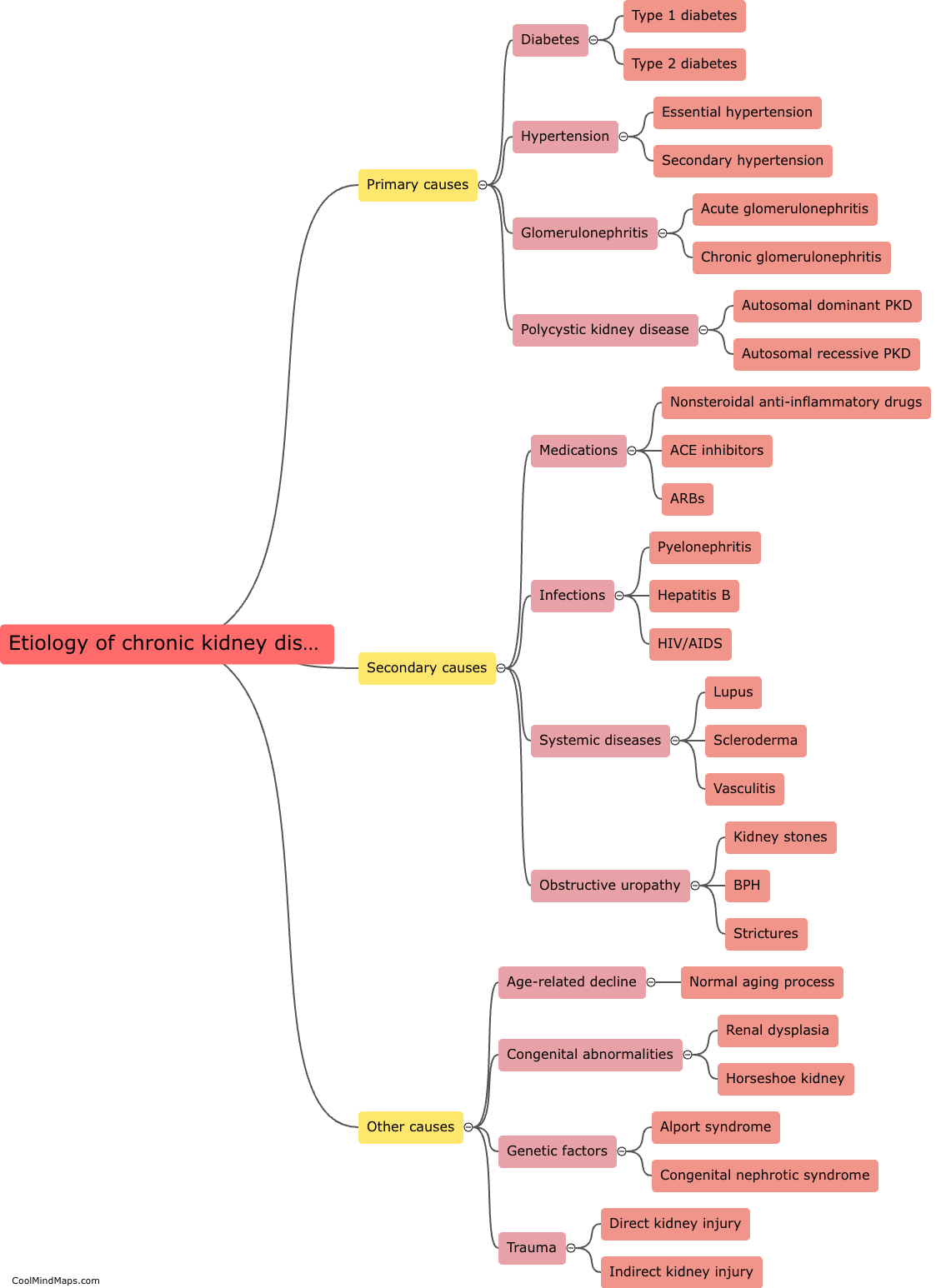What are the basic concepts of object-oriented paradigm?
The basic concepts of the object-oriented paradigm revolve around the idea of organizing software into objects that represent real-world entities or abstractions. Encapsulation is a crucial concept, where an object encapsulates its data (attributes) and behavior (methods) into a single unit. Inheritance enables the creation of new classes by inheriting attributes and methods from existing classes, promoting code reuse and hierarchy. Polymorphism allows objects of different classes to be treated interchangeably, as long as they respond to the same methods, adding flexibility and extensibility to the code. Lastly, objects communicate with each other through message passing, where one object requests another object to perform a method. These fundamental concepts form the foundation of object-oriented programming, providing modularity, reusability, and enhanced maintainability of software systems.
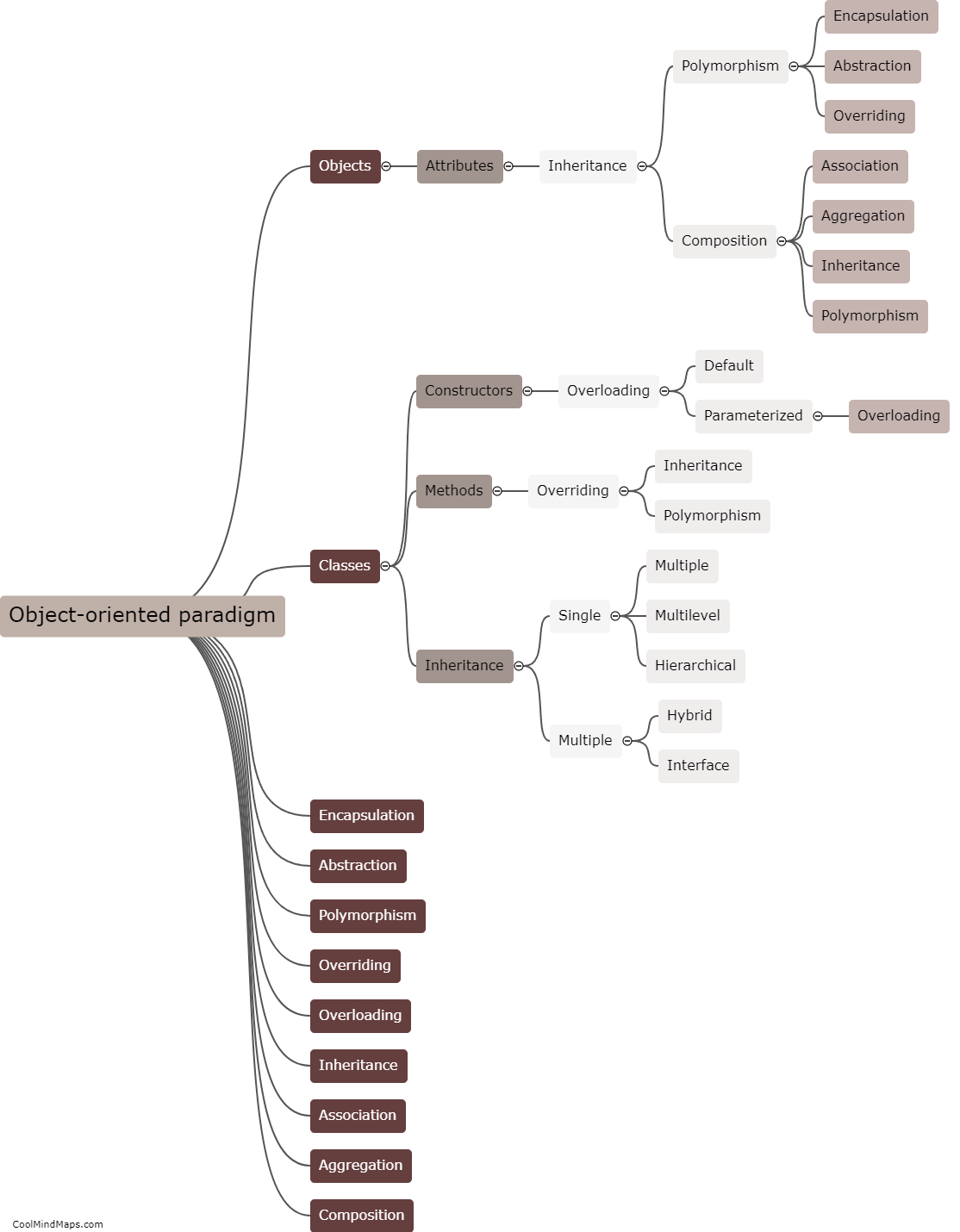
This mind map was published on 2 October 2023 and has been viewed 104 times.




